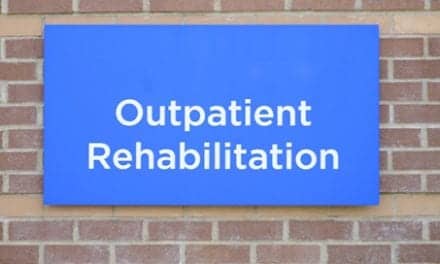The UC San Diego Center for Mindfulness offers a program to help patients with chronic pain train their brains to lessen discomfort and, in some cases, eliminate it. [removed]Mindfulness Based Stress Reduction[/removed] (MBSR), an eight-week program that helps participants learn to manage their pain, employs techniques such as guided meditation, gentle yoga, and breathing exercises.
"With MBSR, we teach students how to use their brain to work differently with pain and increase mobility," said Steven Hickman, PsyD, director of the Center for Mindfulness and assistant clinical professor in the UCSD Department of Psychiatry.
"Given two patients with the same disease or type of injury, we know from experience that they may report wildly different levels of pain. If this difference can’t be explained by medical reasons, it must be something else," Hickman said. "One person may be angry or afraid, and the other is stoic and reserved, yet each has different amounts of physical pain. Recognizing this difference is crucial to the relief of suffering, because it means that at least part of the perception of pain is how you relate to it."
According to Hickman, the relationship with pain and disease is cultivated and maintained in the mind so the mind is the logical place to go to potentially change that relationship in a healthier direction.
After a series of spinal surgeries in 2000, Bonnie Cohen Rooney, 46, experienced chronic pain. Through MBSR training, she learned several strategies to deal with pain including how to use breath to control it. By imagining her breath as a healing force, Cohen Rooney found she could relax her body and release pain while turning down its intensity.
[Source: University of California via Medical News Today]



